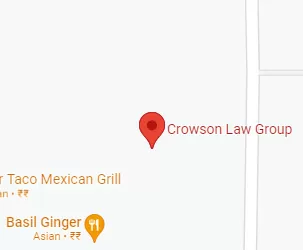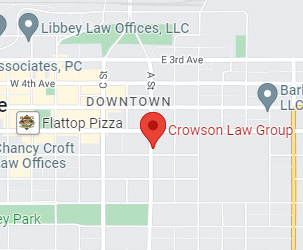The Discovery Process Mechanisms

When a person is involved in a personal injury case the process of discovery provides a reasonable way for them to gather information. There are a number of mechanisms available that can be used by parties involved in the case. This article will discuss discovery options available in a personal injury case.
According to the Cornell Law School Legal Information Institute the process of discovery is used to gather information in preparation for trial. During the discovery process one-party in a legal dispute can learn about the other side’s case. There are a number of mechanisms that parties can use in order to gather important information about the case. It must be noted that discovery rules are based on the state or federal rules of civil procedure. As such, these rules implement specific timelines by which discovery requests must be made and answered as well as the manner in which they should be answered.
Some possible discovery options used to gather information include the following:
- Depositions – a deposition is a series of questions posed to the other party or a potential witness. By this one is able to ask the person questions and that person responding must answer under oath. However, the line of questioning may be restricted. The deposition is recorded by a court reporter or someone similar. At the trial if the witness testimony differs from what they said during the deposition this information may be used against them.
- Interrogatories – these are a series of questions that are posed to the other parties and must be answered under oath and in writing. These questions must be posed in a precise manner in order to yield an appropriate response. In most cases interrogatories contain questions about the party’s case. For example, asking what witnesses will be used in the course of the case or what evidence will be presented and arguments raised. The general rule that applies in interrogatories is that any question can be asked if it is not privileged and if it may result in relevant information.
- Requests for production – these ask the other side to provide specified information and evidence; such as medical records depicting the injuries, employment loss statements, evidence related to previous crimes and other such evidence available in document, audio or visual forms. Such information requested must generally be in the possession or control of the other party. The requesting party is usually allowed to inspect the documents and copy them at their own expense.
- Requests for admission – this is asking the other party to admit or deny certain things. This helps narrow the focus of the discovery and the case. Only facts can be admitted not conclusions of law or opinions
- Physical examination – this is an important aspect of a personal injury case on how the victim suffered because of the accident. A physical examination of the victim can be requested by the defendant at the court’s discretion.
- Subpoena duces tecum – this is similar to a request for production but sent to non-parties such as doctors, banks, witnesses
Speak to a personal injury attorney Wasilla to know more of the discovery process.


